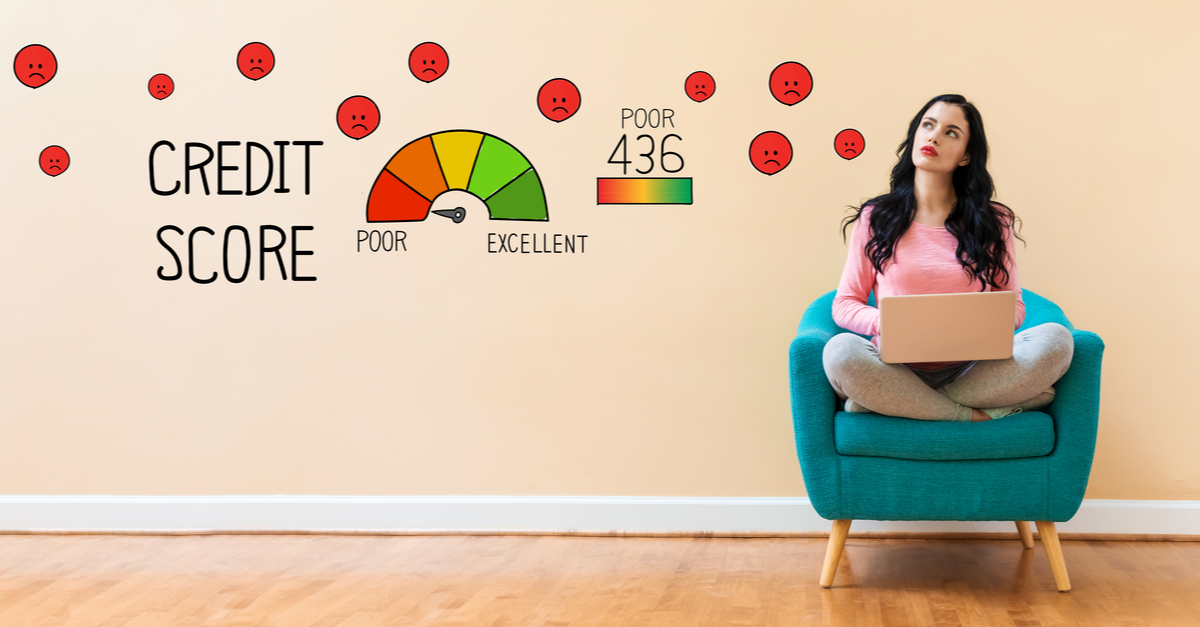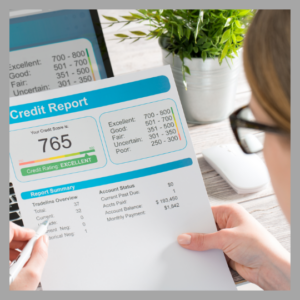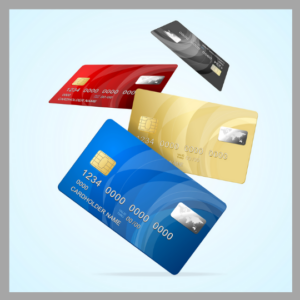Having a bad credit score can be incredibly challenging and stressful for anyone. There are many reasons someone might have a bad credit score. Perhaps you were reckless with your credit cards when you were younger. Maybe you had more cards than you could handle or paid bills late. Maybe your financial situation changed, and you couldn’t keep up with your debt. It happens to millions of people each year. You’re not alone.
Luckily, however, if you are committed to the process, improving a bad credit score doesn’t need to take a lot of time. In fact, below is a list of tips that you can use to improve your credit score fast.
Pay off Credit Balances Carefully
The portion of your credit limit that you’re using at any given time is called your credit utilization. And this figure should be as low as possible for your credit score to improve. Experts say you should not eliminate all of your balances on each card one by one. Instead, pay a little bit off each card until they are all under 30-percent of their credit limit. Your card balance is reported to the credit bureau at the end of the billing cycle, so you should try and pay all of your cards down before then.
Use a Side Hustle to Catch Up On Bills
A side hustle is a side job to help you have some additional income coming in. This job can either be passive or active income, but it essentially gives you more revenue to work with month-to-month, which can be especially great if you need to catch up on bills. One example of a side hustle is doing paid online surveys, which you can do through legit survey sites like Branded Surveys. While doing paid surveys won’t make you a ton of extra money, it can help you set some money aside to work on paying off your bills over time.
Pay Bills On Time
If you pay your bills late, there will be no way to significantly improve your credit score. One of the most important things you can do to improve your credit score is to pay for things before they are due. Late payments can remain on your credit report for 7.5 years, so it is absolutely vital that you pay your bills on time. To do this, make sure you set calendar reminders for the days your bills are due or consider consolidating them to all be paid on the same day or week.
See Also: 5 Easy Ways To Pay Off Your Car Loan Early
Request Higher Credit Limits
If your credit limit gets higher, even if your balance stays precisely the same, the percentage of your credit limit that you’re using goes down. Since credit utilization is such a significant factor in your credit score, reducing the percentage of credit you use can significantly improve your score. Talk to your credit card issuer about getting a higher limit. Your utilization will go down as soon as your higher limit is reported to the credit bureau. Just try to avoid using up the “extra room” you have on the card because you’ll be right back where you started.
Become An Authorized User On Other Cards
If a close friend or family member has a credit card with a high limit and a history of good credit, ask to be added as an authorized user on their card. That way, you won’t need to open up a new credit line for yourself, but this card will show up on your credit reports. This strategy essentially lets you piggyback off of their positive payment history. This benefit also helps very quickly because your credit score should increase as soon as the credit account reports you as a user.
Dispute Any Credit Report Errors
If there’s a mistake on one of your credit reports, it could be unnecessarily dragging down your score. On the other hand, if you dispute these errors, it can quickly improve your score. You are entitled to free credit reports from each of the three major credit bureaus each year. So be sure to check these reports over carefully and identify any errors. Also, be sure that no one else’s credit activity is mixed with yours, as that could further pull down your score. If there are no errors, great! If there are errors, each credit bureau will have information on addressing them.
Get More Credit Accounts
This might seem counter-intuitive, but it actually makes sense in terms of your wider credit. As long as you keep them in good standing, additional credit accounts can improve your credit score on top of your other accounts. This is especially true if you choose to open a type of credit that you don’t already have. For example, a credit-builder loan can be great if you only have credit cards, or a card could be a better option for those who have a lot of loans.
Keep the Accounts You Already Have
Don’t close any accounts you have right now, as it could make your credit appear even worse. It’s tempting to consolidate your debt and close your accounts. But instead, try and pay a little bit off each card every month. That way, your overall credit utilization will go down without you needing to close any accounts.
In addition, the age of your credit cards is another factor that can improve your credit. The longer you have had an account in good standing, the better your credit will be. So try not to close any cards or credit accounts when you don’t need to.
See also: Fast Ways To Save Money for a House for First-time Homebuyers
Check Credit Reports Regularly
As we mentioned earlier, you are entitled to free regular credit reports from all three major credit bureaus (Experian, Equifax, and TransUnion). And you should check these often to look for improvement in your credit.
When you are trying to improve your credit score, it’s good to see the results when you have made steps to increase your score. If you have a low score, you are positioned to make credit gains faster than someone with good credit history, so checking your reports is an excellent way to monitor your progress.
Get a Secured Credit Card
A secured credit card is a good option for someone with a very young credit age or someone who has made many credit missteps. This credit card is financially backed by a cash deposit when you open it, one that is usually the same as your credit limit. You use it for everyday purchases like a regular credit card, but making on-time payments significantly boosts your credit. This method is most beneficial for someone very new to the credit world. But be patient. It will likely take several months to significantly boost your credit score.
Related: 7 Steps To Set Realistic Personal Finance Goals
Conclusion
Improving your bad credit score is no easy feat, and if you are taking any steps to improve it, you should be proud! A 100-point increase in your credit score is undoubtedly a very doable step, and this kind of improvement can take your score from “bad” to “fair” or even higher.
While these methods on their own might not help you make a jump that big, using a few together plus consistently monitoring your credit could make a huge difference. By reading this article and becoming informed, you are on your way to a debt-free life!














